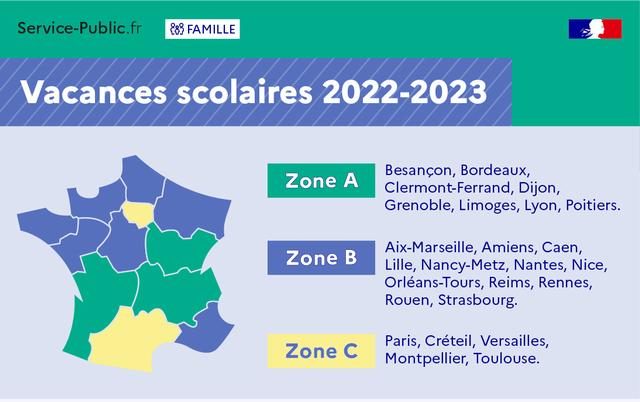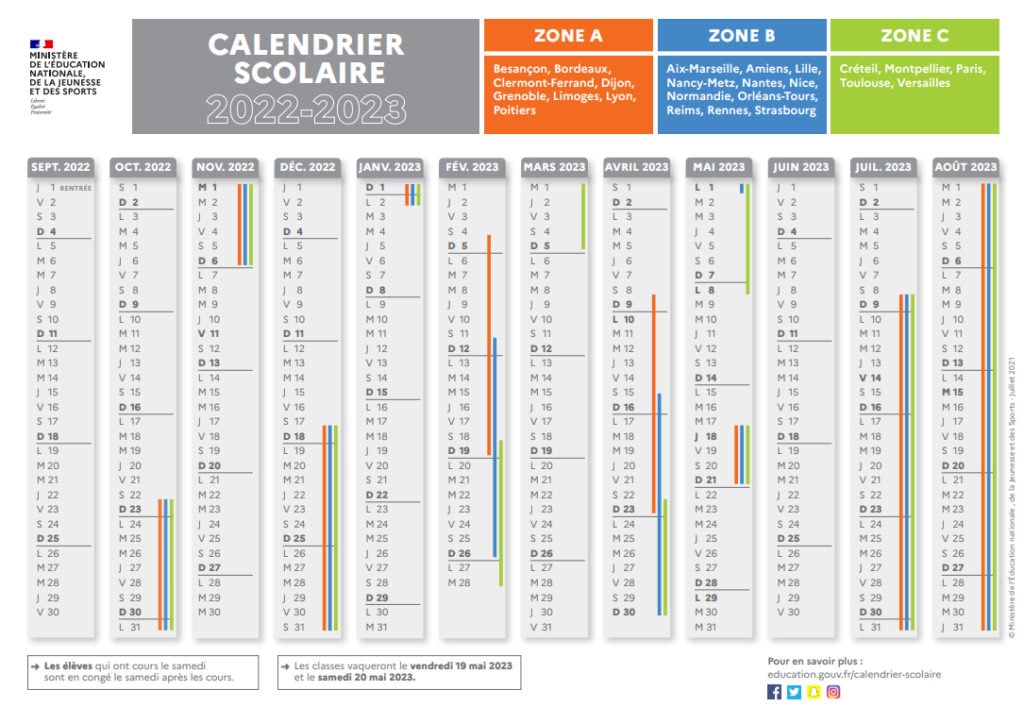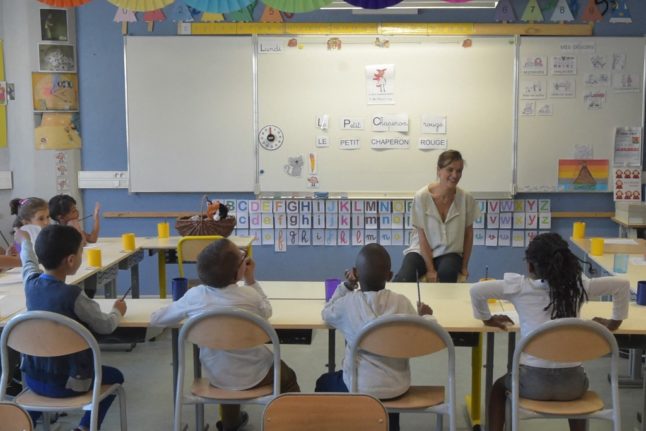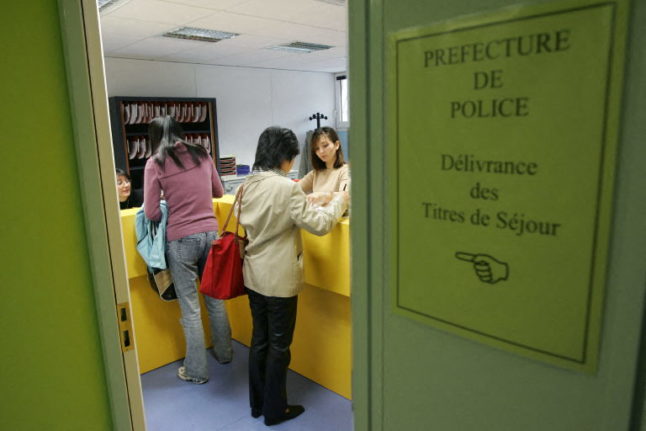It’s the time of year children dislike most – as is traditional, rentrée in France is on September 1st this year, a Thursday, a day after teachers return to the classroom to prepare for the new term.
The 2022-23 school year then ends – 36 school weeks later – after classes on Friday, July 7th, 2023, later than in recent years and just a week before the fête nationale on July 14th.
“My class will be almost empty the last week, families will have gone on vacation, especially if the tourist prices are considered out of vacation, therefore less expensive,” a teacher in Paris told Le Parisien.
Another was concerned about the weather at that time of year. “The longer we get into the year, the hotter it gets. They already forecast 35C on May 18th, so on July 8th, I can’t imagine the heat in class,” she said.
School holidays in France have long been divided into three zones. Summer, autumn and Christmas holidays are taken at the same time across the whole of the country, but the winter and spring breaks are staggered according to which zone a school is in.
The educational zones in France are here

The Ministry of Education has published a calendar planner for the 2022/23 school holidays on its website, showing the holiday periods for all three zones in France.

The calendar is available to download as a pdf, here
Notably, pupils in Zone A schools – those in Besançon, Dijon, Grenoble, Lyon, Clermont-Ferrand, Limoges, Poitiers and Bordeaux – face a longer-than-usual summer term, a two-and-a-half month stretch from April 24th to July 8th. This is a longer term than is usually recommended by education experts – longer even than the 10-and-a-half weeks at the same time last year for two zones, which was described as “a marathon” by both families and teachers.
There will be some breaks in that long run of school weeks, however. May Day and VE Day are both on Mondays next year, Ascension is on Thursday, May 18th, with schools traditionally ‘bridging’ the Friday, and Pentecôte holiday is on Monday, May 28th.
On the flipside, pupils in the same zone also get the shortest term on record in the next school year. They return after the Christmas holiday on January 3rd, and break-up for the winter holidays on February 4th.



 Please whitelist us to continue reading.
Please whitelist us to continue reading.
Member comments